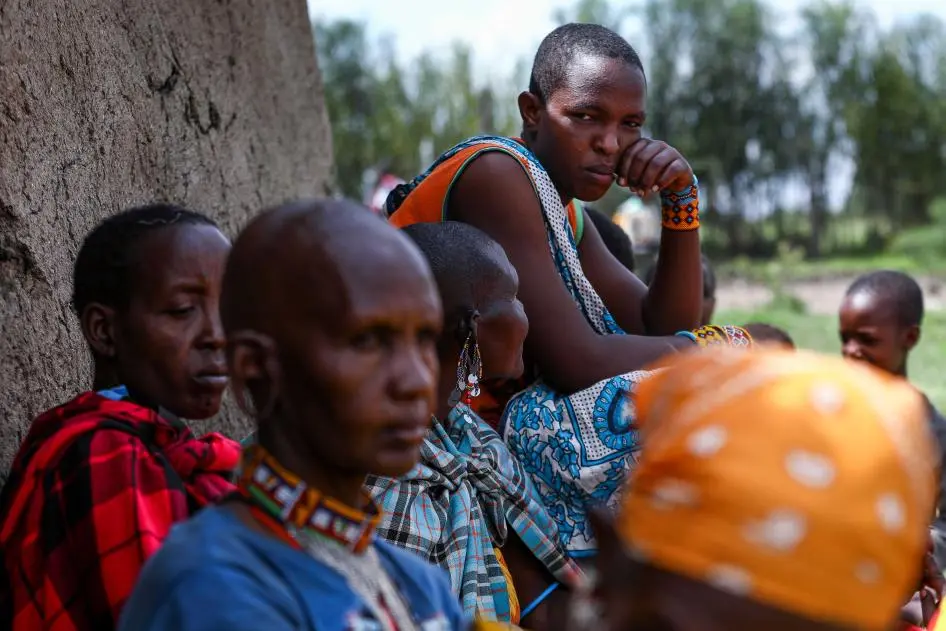Tanzania is forcibly evicting tens of thousands of Maasai from their ancestral lands, according to a report released by Human Rights Watch (HRW) on Wednesday. The report claims that government rangers are beating some community members with impunity.
Long-standing tensions between Tanzanian authorities and the Maasai have occasionally led to deadly clashes, particularly since the government initiated a programme in 2022 to relocate approximately 82,000 people from the Ngorongoro Conservation Area to Handeni district, around 600 kilometres (370 miles) away, by 2027, HRW stated.
The government asserts that the relocation is necessary to conserve the UNESCO World Heritage site from human encroachment. However, HRW argues that the land will be used for conservation and tourism purposes, a plan that has drawn increasing international criticism, leading the World Bank and the European Union to withdraw funding.

Between August 2022 and December 2023, HRW interviewed nearly 100 individuals, including Maasai community members who had already moved to Msomera village in Handeni and others facing relocation.
The report highlights “government-employed rangers assaulting and beating residents with impunity,” detailing 13 alleged beatings between September 2022 and July 2023. Community members recounted being targeted, with one man describing how rangers stopped his 35-year-old friend en route to a funeral, forced him to kneel, and beat him with a stick, leaving him injured.
There is little hope for legal redress, according to HRW. “You go to the same police who have beaten the guy, so you can’t get any aid,” one interviewee said, emphasising the perception that “rangers are like people who are above the law.”
The report also alleges that the Tanzanian government did not secure free and fair consent for the relocation, infringing on the Maasai’s rights to land, education, and health.
“The Maasai are being forcibly evicted under the guise of voluntary relocation,” said Juliana Nnoko, HRW senior researcher on women and land, during a press conference on Wednesday.
“Human rights violations should not be happening in the name of conserving biodiversity or for tourism reasons, yet this is what we have observed in northern Tanzania,” Nnoko added.
While the Maasai have historically been permitted to live within some national parks, authorities argue that increasing populations are encroaching on wildlife habitats. The government maintains that its relocation programme complies with Tanzania’s rights laws.


